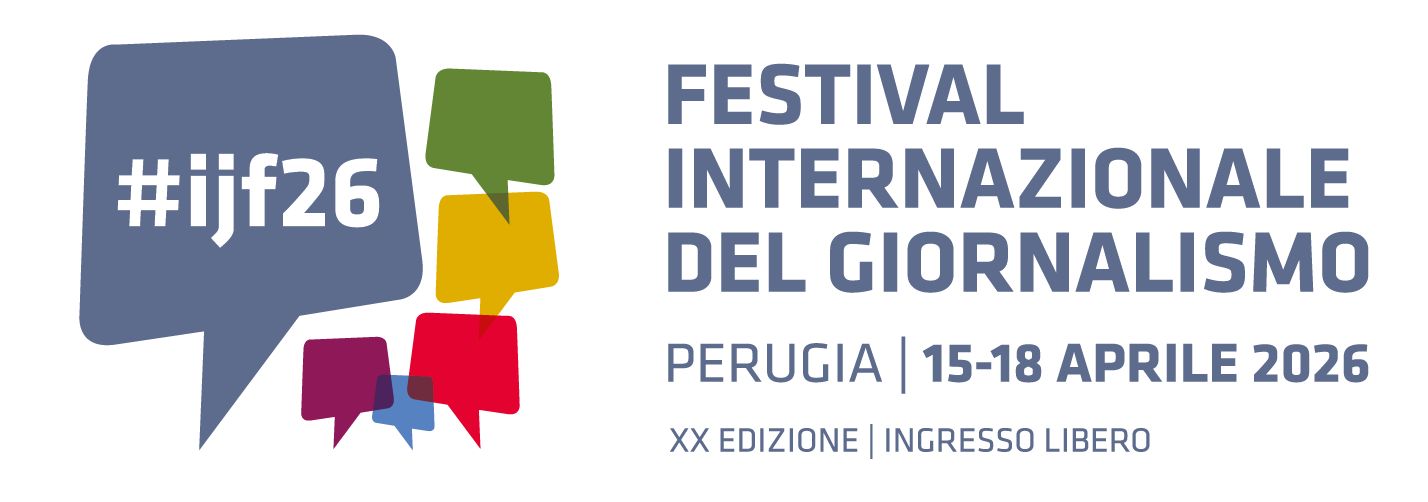Digital and social media have increased the burden on the public to differentiate between journalism-produced news, manipulative content and disinformation in an environment of information overload, digital bubbles, and empathy fatigue. A common refrain is that the public does not know how good journalism actually works. Another refrain: neuroscience predicts that correcting misinformation may not be easy when it contradicts deeply held beliefs or identity. This panel will bring together perspectives of educators, practitioners, and researchers to address the following questions:
How do educators, researchers, and activists define media literacy?
What are the limitations of these definitions? How might these limitations be addressed?
How might we apply the latest findings from neuroscience and psychology?

